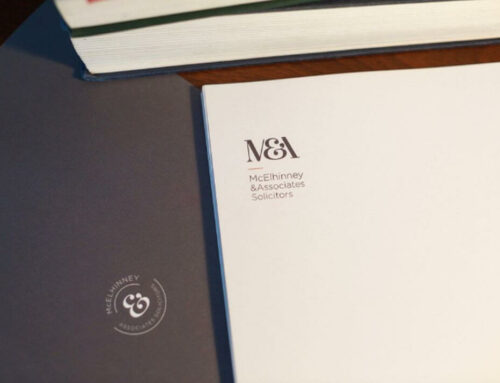It is a fundamental aspect of testamentary freedom that a Testator chooses and decides who he/she wishes to benefit under his Will and to what extent. In other words in deciding who and how to pass on their estate after their day, a Testator must be free from fear, force or pressure in making testamentary decisions.
A Will may be invalidated where it is proved that a Testator was under the control, influence or coercion of some other person, to the extent that it violated their free will in deciding the terms of their Will.
Undue influence is where a testator may be put under fear, force or pressure into writing their Will in a certain way. Undue influence is more than just persuading someone to write their Will in a certain way. The influence must be coercive or intimidating. No physical force is necessary to prove undue influence. The key is that the Testator must not be lead or driven into making decisions that he/she would not otherwise have considered.
Many factors will be examined in deciding whether undue influence was applied; whether the Testator was dependent on that person at the time the Will was made, whether the Testator was frail or ill and therefore in a more vulnerable position and whether the Will made amendments which now included person(s) who were not originally provided for in the earlier Wills.
The burden of proving a claim of undue influence rests with the individual alleging the undue influence therefore they bear the burden of proving that the testator was coerced into making a Will in favour of a particular beneficiary.
The claimant must have specific evidence, e.g., details of the names of the person allegedly overpowering the testator, the nature of the conduct alleged to have constituted the undue influence and the dates upon which these acts were exercised. There must be positive proof of coercion which is a high threshold to overcome.
Such challenges are commonplace with homemade wills, where no solicitor has been appointed and therefore no appropriate checks carried out to determine that the Testator was acting of their own accord.
Steps can be taken to avoid such litigation ensuing. Seek proper legal advice and appoint an experienced practitioner to discuss your instructions and preparation of your will. By doing so, you can ensure testamentary freedom will be accorded and such applications can be successfully defended at an early stage.
Please do not hesitate to contact McElhinney & Associates Solicitors today on 074 91 75989 or email us at admin@mcelhinneyassociates.com
*In contentious business a Solicitor may not calculate fees or other charges as a percentage or proportion of any award or settlement













